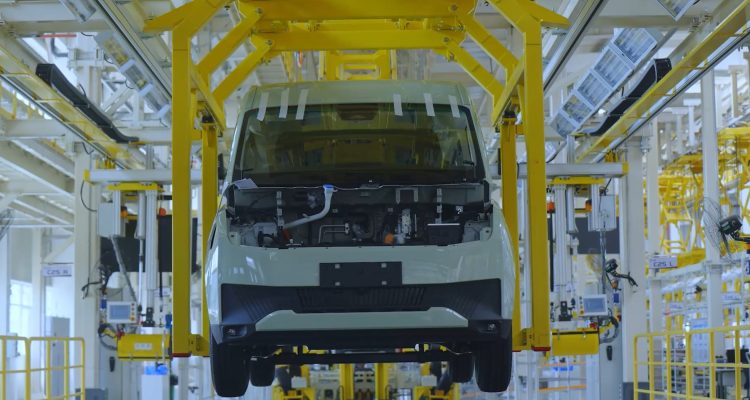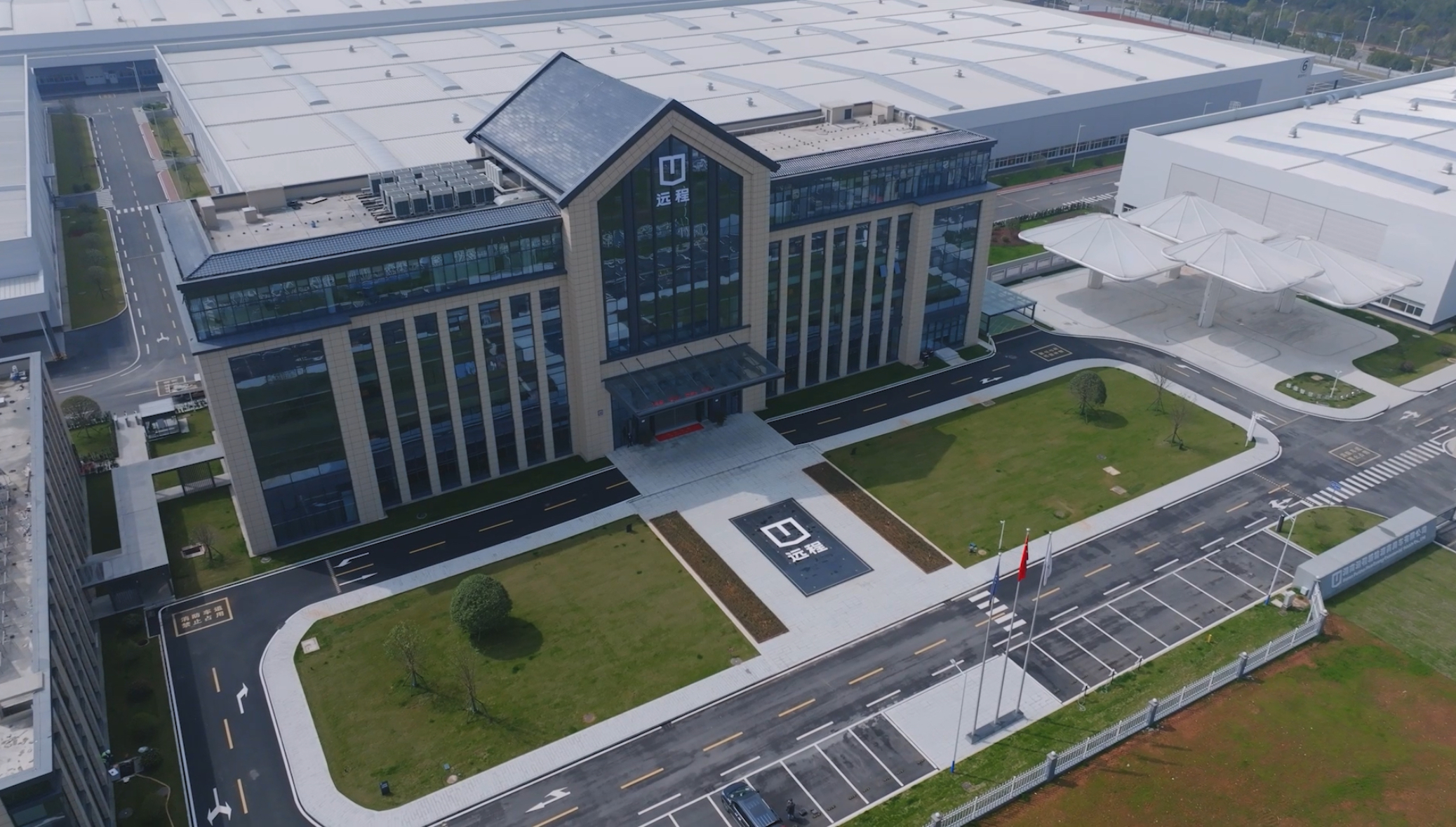The all-new born-electric Farizon SV large van delivers a sustainable solution for customers, with environmental factors playing a significant part in the vehicle’s development and production.
In its construction, the SV uses 10 per cent recycled materials, while 85 per cent of its materials can be recycled at the end of its life, and 95 per cent are recoverable. Out on the road, the use of high-strength steel and hybrid aluminium-steel materials in the chassis and body, along with the innovative drive-by-wire platform, helps reduce weight by eight per cent, which provides gains in energy conservation and operational efficiency.
In addition to these significant advances, a large part of Farizon’s environmental focus has been spent on low carbon and sustainable production. Located in the Xiangtan Economic Development Zone in Hunan, China, Farizon’s flagship manufacturing facility has been created to be a global benchmark for carbon-neutral commercial vehicle production.
Designed from inception as a zero-carbon factory, the base plans to operate on 100 per cent renewable energy, primarily from solar and wind, with on-site generation capacity exceeding 40 per cent of total consumption. Its closed-loop water recycling system reduces freshwater dependency by 75 per cent, while AI-optimised logistics networks cut ancillary emissions by 30 per cent. Every SV produced at the facility embeds sustainability across its lifecycle, aligning with EU Green Deal objectives and circular economy mandates.
Circular production and material innovation
Farizon’s manufacturing ethos prioritises cradle-to-cradle principles. Over 95 per cent of production waste is recycled, including metal scraps, plastics, and battery materials, far surpassing the EU’s end-of-life directive requirements. Paint shops utilise water-based coatings with near-zero volatile organic compound (VOC) emissions, and welding lines deploy laser-brazing to eliminate lead-based solder. Interior components feature ocean-recycled plastics and certified organic fabrics, reducing virgin resource use by 50 per cent. SV production also leverages a digital twin system to simulate energy use, ensuring each van’s carbon footprint is tracked and minimised.
Sustainability extends beyond the Xiangtan facility itself. The plant enforces a Green Partner Certification for all Tier One suppliers, mandating ISO 14001 compliance and carbon disclosure. Over 60 per cent of components are sourced from within a 500 km radius, and electric inbound logistics further reduce emissions. Community initiatives include a battery regeneration hub that refurbishes used EV packs for solar farms, and a training centre that upskills workers in circular-economy manufacturing techniques.
Cook Xue, CEO of Farizon Auto International Company, said: “Environmental considerations are rightly key for both large fleet operators and individual tradespeople when deciding which all-electric van is right for them. We’ve worked hard from the outset to ensure the new Farizon SV van features sustainability at its core, whether that’s in sourcing components from a localised supply chain, implementing low carbon manufacturing techniques, or ensuring drivers benefit from exceptional efficiency. We have more work to do, certainly, but we are proud of the industry-leading advances we have made in minimising the impact of our operations and our products on our planet, and in supporting users around the world to transition to a more sustainable transport industry.”
The Farizon SV is distributed in the UK by Jameel Motors UK.







